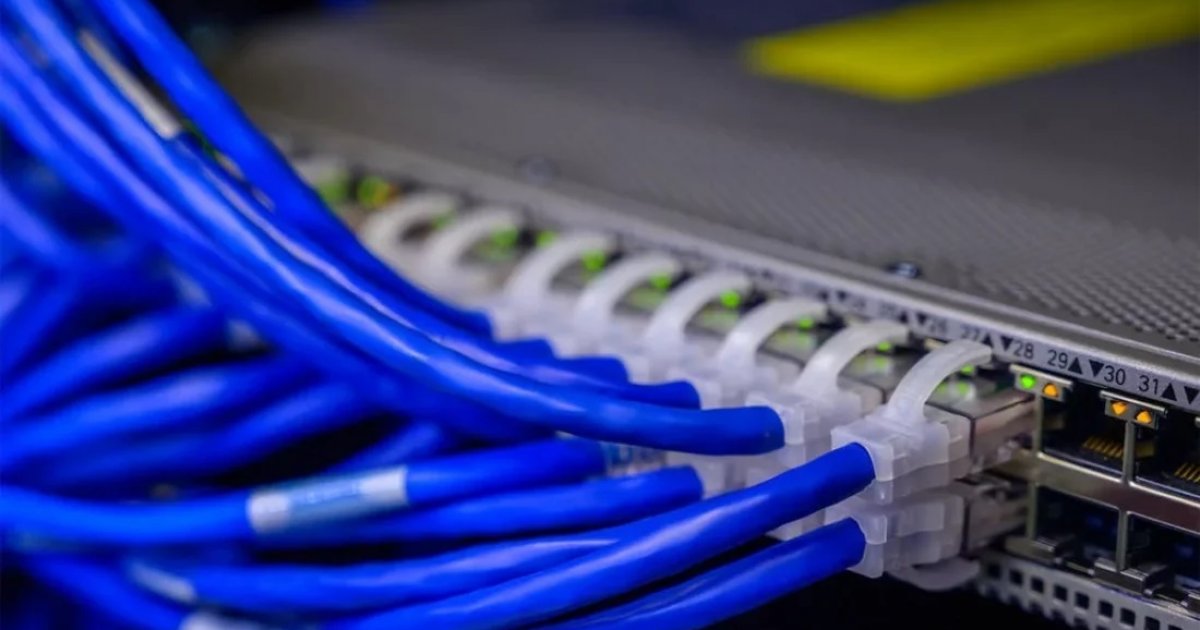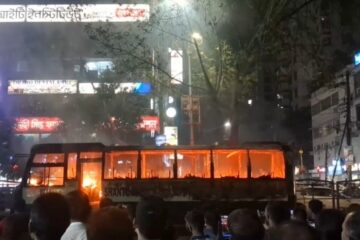Internet service providers (ISPs) have warned that proposed changes to telecom regulations could increase broadband costs for consumers by up to 20% and raise the operating expenses of fixed-line internet providers (FTSPs) by around 14%, according to the Internet Service Providers Association of Bangladesh (Ispab).
At a press conference held at the RAOWA Club in Dhaka’s Mohakhali on Sunday, Ispab leaders claimed that the draft ISP and FTSP guidelines prepared by the Bangladesh Telecommunication Regulatory Commission (BTRC) would impose additional fees, revenue-sharing obligations, and higher license renewal charges, placing both customers and domestic entrepreneurs under financial pressure.
‘All advantages go to Starlink’
Ispab President Aminul Hakim said the proposed framework disproportionately benefits foreign entities, particularly Starlink, while putting local ISPs at a disadvantage.
“All advantages have gone in favor of Starlink,” he said. “While local operator Eastern Link has to pay more than double the license renewal fee, Starlink has been approved at only Tk12 lakh. Such disparity is unacceptable and discriminatory.”
He added that the new policy would allow mobile operators, most of which are foreign-owned, to expand into fixed broadband services, creating unfair competition for domestic firms.
“This is a serious threat to local entrepreneurship and national interests,” Hakim said, calling for transparency and equal opportunities across the sector.
‘The policy goes against consumers’
In his opening remarks, Ispab Secretary General Nazmul Karim Bhuiyan warned that the new guidelines would not only affect operators but also directly harm consumers.
“The proposed policy will increase internet prices and create confusion among customers,” he said. “Internet is no longer a luxury; it is a basic utility. Any move that raises costs contradicts the goal of a Digital Bangladesh.”
Breakdown of proposed cost impacts
According to Ispab’s estimates:
- End-user internet prices may rise by up to 20%.
- FTSPs’ wholesale purchase costs may increase by around 14%.
- A 5.5% revenue-sharing requirement and a 1% contribution to the Social Obligation Fund (SOF) are being introduced.
- High license and administrative fees will directly drive up broadband package prices.
ISPAB leaders argued that the draft policy allows mobile operators to deliver Fixed Wireless Access (FWA) and last-mile fiber connectivity, giving them direct entry into the fixed broadband market — traditionally served by local ISPs.
“The draft effectively opens the door for mobile carriers to dominate fixed connectivity,” said Hakim. “If implemented, this will put local investments at serious risk.”
Ispab’s seven key demands
- Remove Fixed Wireless Access (FWA) from the Cellular Mobile Service Provider (CMSP) guidelines.
- Prohibit mobile operators from deploying fiber connectivity to homes or offices.
- Ban commercial use of ISM/Wi-Fi bands for mobile service delivery.
- Clarify provisions for infrastructure sharing under FTSP guidelines.
- Reconsider revenue-sharing and license fee structures.
- Provide clear guidance on IPTSP SMS and mobile dialer services.
- Eliminate disparities between national and district-level FTSP licenses.
Finally, Hakim urged the public to support ISPs in their call for policy reform.
“Our demands are not for private gain; they safeguard the interests of the people,” he said. “We are serving the nation’s internet users. Without a fair policy, neither the industry nor the customers will benefit.”
He also called on political parties to intervene. “We urge political leadership to stand by the people, protect domestic investment, and ensure a level playing field for local companies,” he said.



